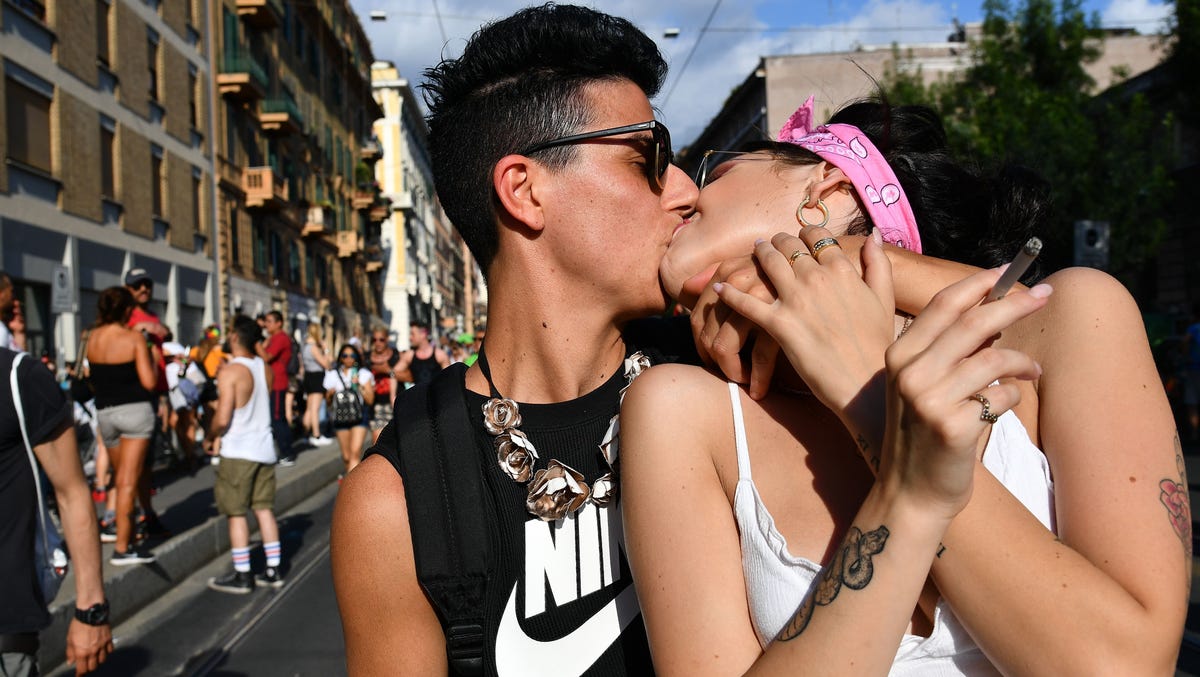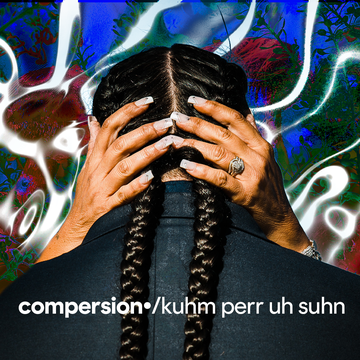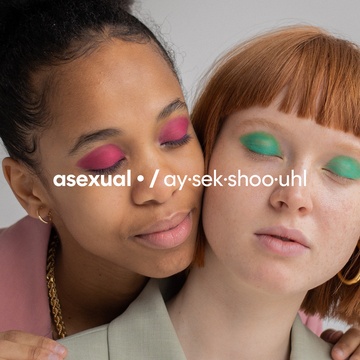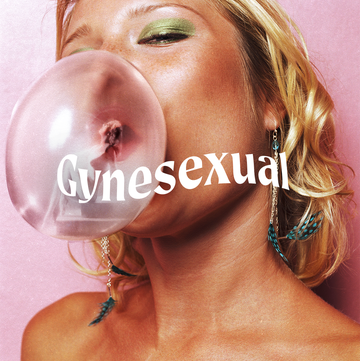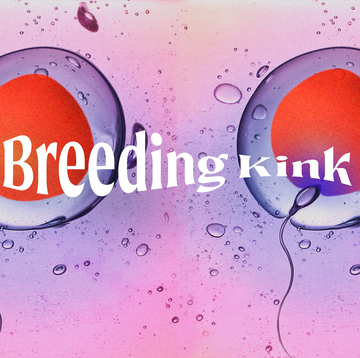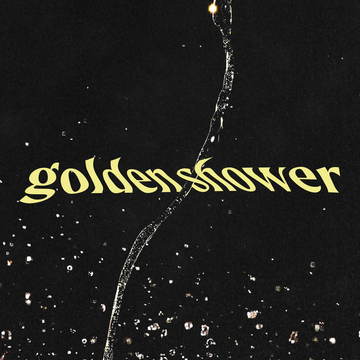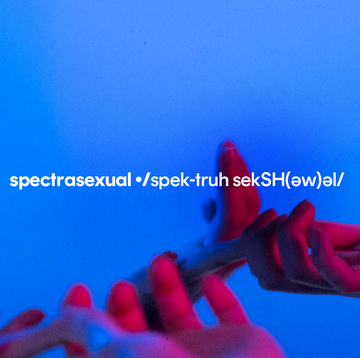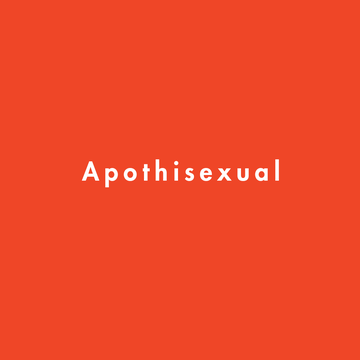When it comes to pronouns, everyone moves at their own speed. Your grandfather may still forget to call you they/them, while others are sprinting ahead to experiment with pronouns like xe/xem, ze/hir, and even—wait for it—kitten/kittenself. Yes, grandpa. I said kitten/kittenself. These neopronouns, sometimes called noun pronouns or neos, have appeared within certain queer circles aiming to expand the very concept of pronouns as separate from gender. The result is a never-ending glossary of often completely made-up words that could be a little silly (looking at you, quack/quackself), but that challenge preconceptions about how we can and should refer to ourselves and to one another.
In other words, neopronouns are alternatives to the third-person singular pronouns that we all know and love (or struggle with), such as he, she, they, it, or one. While they’re not exactly a sweeping craze, neopronouns have gained some popularity within mostly online queer spaces, where they’ve become an exercise in self-expression within that community. On the neopronouns reddit page, there are endless threads with requests and suggestions for different neopronouns that capture a feeling or an energy—or sometimes even references to video games and bits of popular culture like Minecraft.
One redditor recently asked for suggestions of “some furry-themed pronouns, that have like a fluffy vibe to them.” Another posted in search of “pronouns that remind you or feel like they relate to necromancy, undead, decay, nonhumans, and magic.” Many post with a caveat that they’re trying out a bunch of neopronouns to find what feels right on any given day because neopronouns are rarely static—they’re elastic; there’s an infinite amount of words and concepts to play around with, and neopronoun users will often “collect” neos for possible use down the line.
Related terms:
Sex educator Lucie Fielding, author of Trans Sex: Clinical Approaches to Trans Sexualities and Erotic Embodiments, says neopronouns offer some people an alternative to umbrella terms that lump people together regardless of individuality. “They say everyone has the same kind of experience when there are so many ways of experiencing,” she says. “Neopronouns reflect, this is me, this is my particular identity, this is part of me expressing my individual unique perspective and my unique set of identities and how those are converging.”
So what exactly is a “kittenself”? Read on for everything you’ve ever wanted to know about neopronouns.
Why do neopronouns exist?
Neopronouns might seem impossible to remember. Maybe they seem truly bizarre. Some redditors don’t know “why neopronouns are a thing,” writing “kitty/kittyself is just weird to me because I don't want to refer to someone as another species/animal.” But that’s kind of the point.
“Gender is queer,” Fielding says, “in the sense that it’s “f*cking weird.” And neopronouns cast a spotlight on the absurdity of mainstream gender conventions. “Sex is weird, sexuality is weird, and I think all of the neopronouns reflect how these concepts are so weird and we’re all trying to grapple with them,” she says.
Neopronouns that stretch our gender vocabularies ask us to reckon with the fact that gender categories were created for the purpose of maintaining order. “They were created as part of colonialist, capitalist, and white supremacist structures and imperatives that sought to homogenize and root out ambiguity and variance and difference, or account for it,” Fielding says. Neopronouns throw that order out the door, and just because they’re made up, doesn’t mean they don’t carry meaning for those who identify with them.
“Language is always expanding and innovating,” Fielding adds, “and the reason that’s a good thing is that more people get to be seen by that language.”
What are some common neopronouns?
While some neopronoun users play around with super niche pronouns like vamp/vamps/vampself, fog/fogs/fogself, or beep/beeps/beepself, there are a few more common neopronouns, including xe/xem, e/em, ze/zir, fae/faer, ey/em, ae/aer, ve/ver and ne/nem. You may have seen some of these in Instagram bios or listed as optional fields in online forms (medical, academic, etc.) that ask for a gender declaration.
Are neopronouns new?
Though neopronouns have found new life on the internet, Fielding—who has a PhD in French, with a specialty in erotic literature and histories of sexuality—points out that many neopronouns have been around for a long time.
“Some are very recent innovations, others have a basis in history, just as the singular ‘they’ has a history going back to the 14th century,” she says. “Maybe the use of some of these pronouns and the reason they’re used is new, but the idea of coming up with new pronouns is itself not a new thing.”
Mermaids UK, an LGBT charity, published a short history of neopronouns, writing that “one of the oldest noted examples of a neopronoun is ‘thon.’ This is one of the first sets of gender-neutral pronouns created in the English language; American composer Charles Crosby Converse created the use of thon/tho self pronouns as a contraction of ‘that one’ in 1858.”
“Gender expansiveness has been a part of most cultural contexts since the beginning of recorded time,” Fielding adds. “Neopronouns are part of this impulse to play, to break out of categorization, and that oppressive need to label everything and understand and make everything legible.”
What if I forget someone’s neopronouns?
On a purely practical level, Fielding says, neopronouns can be hard to remember. “Some folks are frustrated with them. Sometimes I even struggle with them,” she says.
“If you’re in a room full of people with different neopronouns, that can fry the brain a bit in that case,” she adds. “But at the same time, for those of us who are trying to learn, we can do the work. We shouldn’t depend on people conforming to existing language.”
If someone asks you to use neopronouns for them, it’s okay to ask for some gentle reminders. And it’s okay to expect yourself to get it wrong before you can get it right. “Sometimes it’s about recognizing intention,” Fielding says, saying it’s important to extend some grace to folks who are “really, honestly trying to operate in good faith.”
How can we keep neopronouns from losing their power?
Neopronouns can be seen as a way of cultivating queer joy. Again, gender and sexuality are weird, Fielding says, because they both mean so much to us, but they operate within structures that often don’t serve us. So the desire to get creative with our language, with what we want to be called, is a way to push against those rigid structures.
“The playfulness [of neopronouns] is exquisite,” she says.
Neopronouns can be a source of delight or gender euphoria for some. But if neopronouns become an entire lifestyle or the crux of someone’s identity, they may lose some of their power, and they may become a distraction from the real issues beneath the surface.
“I care less about people getting my pronouns right than I care about structural oppression,” Fielding says. “I don’t want to invalidate anybody’s experience. Be you, show up as you. But I think when we are talking about pronouns more than when we are talking about, say, access to affordable healthcare, or housing insecurity, or anti-Blackness, it’s a problem.”
“It's delicate,” she adds. “This is not to say that we shouldn’t respect neopronouns, but maybe the focus on neopronouns is pulling from other more pressing concerns that are materially affecting people’s ability to thrive and survive in this world.”
Ultimately, neopronouns are a reflection of individuality, and every neopronoun user has their own relationship to them. Some people may approach their pronouns with a sense of cheekiness or resistance, but not everyone will. However, Fielding says, the universal truth of neopronouns is that they offer alternatives to a system that doesn’t work for everyone. “Neopronouns allow us to say, What is available is not built for us and it doesn’t work for me,” she says. “And I am going to put up a hand and say, no, that is not a story that I want to hang on myself. I don’t want to be a part of that story. I want to tell my own stories.”
Emma Glassman-Hughes (she/her) is a freelance writer for Cosmopolitan and a part-time editor at the Boston Globe. She was formerly a staff writer at Elite Daily, where she covered sex, intimacy, and queer topics. She is a graduate student at Boston University, where she’s pursuing a master’s in journalism with an emphasis on narrative and investigative reporting. She has a Twitter but her website is way more fun.

